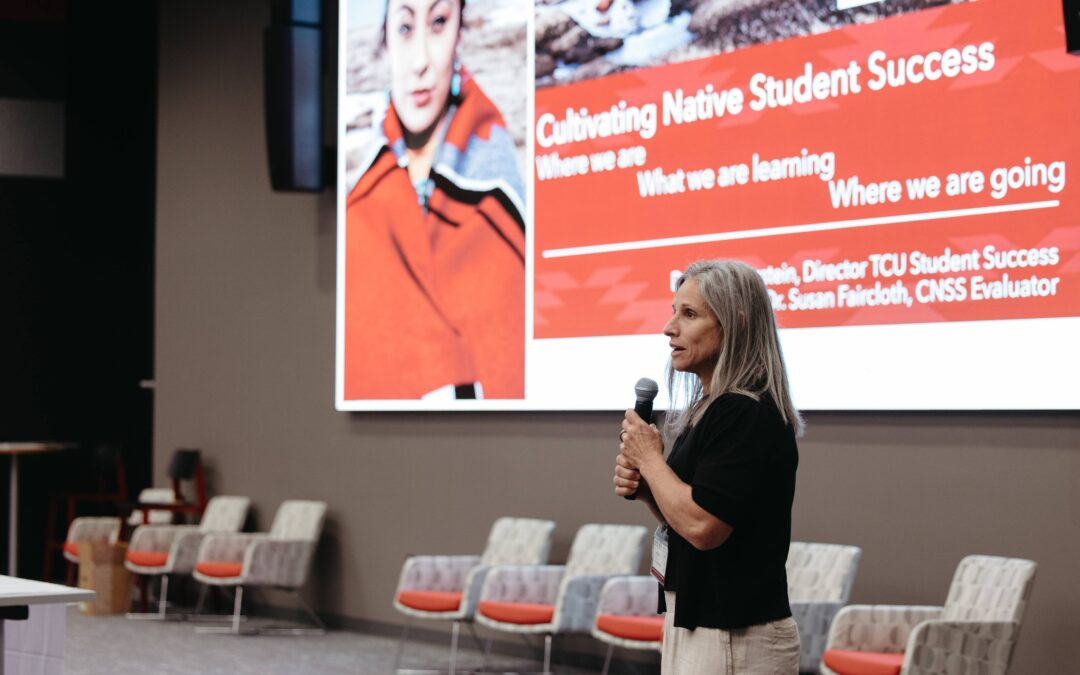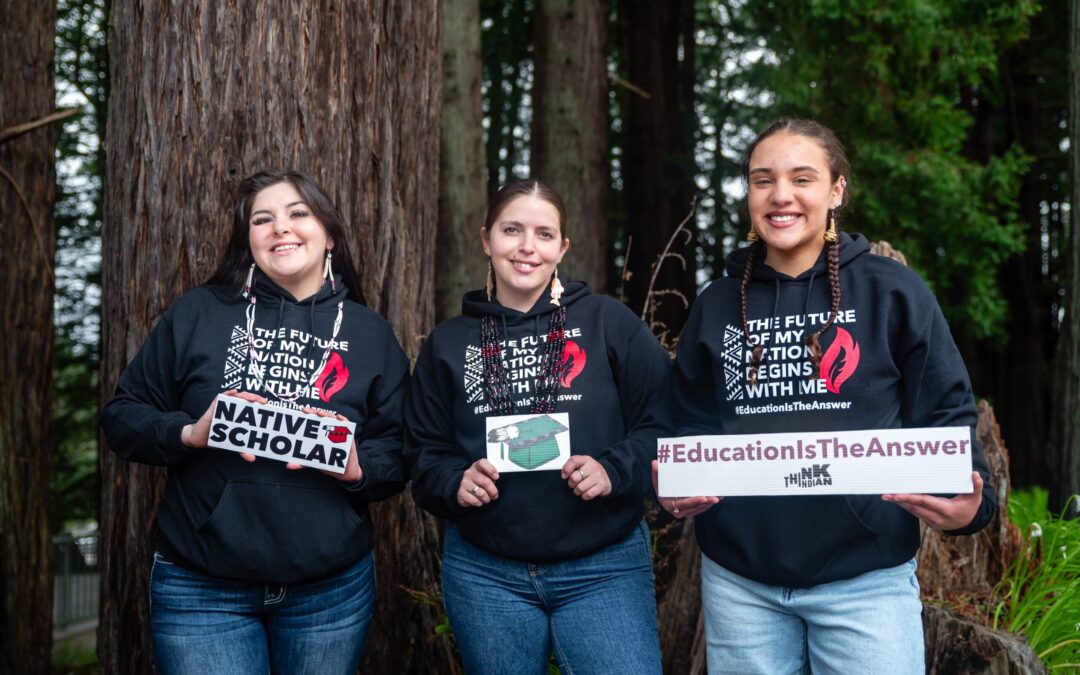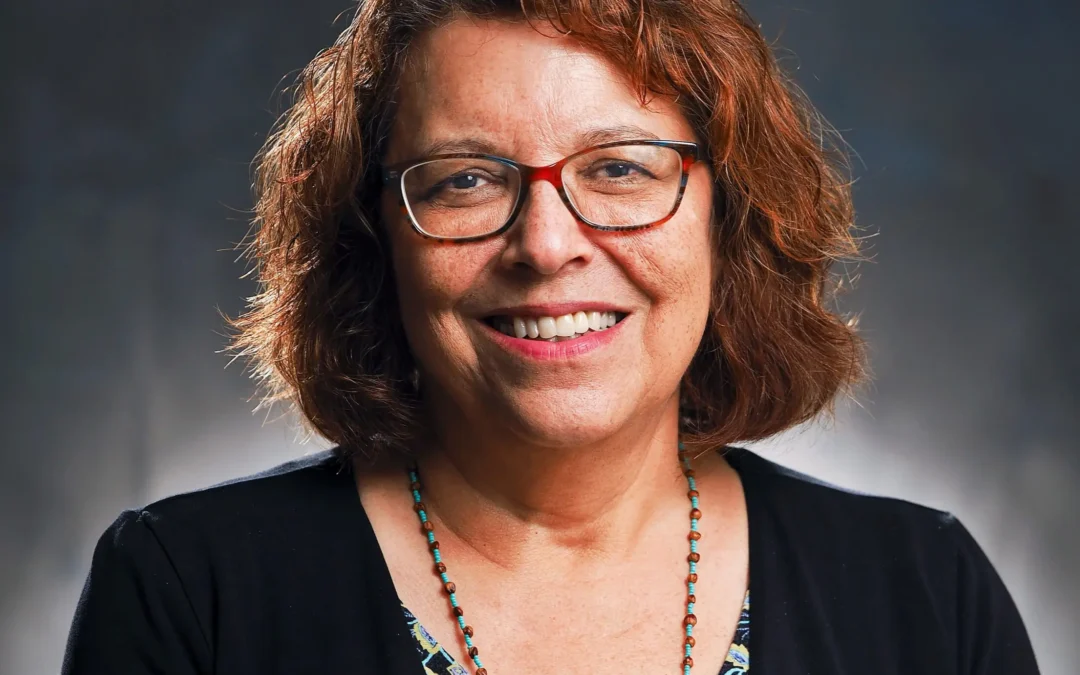Life is full of big and small stresses, often simultaneously. Stress can come as a result of trauma, burnout, compassion fatigue, or other sources. Whatever the cause, establishing consistent self-care practices can help.
Without self-care, you risk adopting unhealthy coping habits to find relief and escape.
Self-care should not only be a result of stress; it should be practiced and maintained throughout your life to prove most beneficial. In the face of life’s constant changes, keep self-care practices a consistent component of your life and you will be able to handle all stress more efficiently.
Substance Abuse
If you currently have a drinking or drug problem, contact your nearest IHS for help and check here for resources.
Suicide
If you feel suicidal, please call the free National Suicide Prevention Hotline at 1-800-273-TALK (8255).
What Does Self-Care Look Like?
There are countless ways to cope with stress and establish self-care. Find something that relaxes you—a hobby or a place—and engage with it regularly in order to remain refreshed and ready for the journey ahead.
Get Moving!
- This can be a walk, a group fitness class, or just turning on your favorite song and dancing in your room.
- The benefits of movement include a release of endorphins, improved energy, improved focus, and increased energy, just to name a few. See exercise tips and a write-up from WeRNative.
Check Your Nutrition
- Paying attention to what you eat doesn’t have to mean adhering to a restrictive diet. The key to a balanced diet is precisely that—balance. Understand what you’re eating now and what needs to change. Keep a food diary! As with any change to habit or routine, this requires patience.
- Remember that with planning, regular meals, and smart snacking, food can give you long-lasting energy rather than causing ups and downs and discomfort.
- Menu ideas and tips.
Invest in Community
- Community is made up of those who surround and support you, extending beyond geographical borders, including those who are there for you when you need a helping hand or a shoulder to cry on. This community of family and friends is especially important when you need to be reminded of your value and your purpose.
- WeRNative’s articles and blogs on community.
Get Those ZZZZs
- The importance of sleep cannot be emphasized enough. Without sufficient sleep, you can’t fully commit to any project, person, or plan. Although the exact amount varies by person, approximately eight hours of sleep is recommended each night.
- Sleep and rest tips.
Engage Your Spiritual Side
- The wisdom of your history and the peace that comes from being mindful are other great ways to practice self-care. Praying, attending ceremony, and diving into your beliefs can ground you. A solid foundation and grounding will allow you to weather storms and lean into the winds of change without faltering.
- Mindfulness means to connect with your body and mind in the present moment in order to honor the immediate space and time around you. This can also help reduce anxiety as you pull strength from inside you in that moment.
- The University of Buffalo’s Wellness Education Services offers the following mindfulness exercise from their Self-Care Manual:
Mindfulness exercise: Get into a comfortable position that won’t cause you discomfort, with your feet on the floor and your back straight but not tense. Sit very still, breathing normally, in a quiet room or area. Now, pay attention to your thoughts for a few minutes. Don’t try to force thoughts or focus on specific thoughts. Also, don’t push thoughts away. Just watch what your mind generates and the process that it takes between each thought. If your mind wanders (i.e. you begin to plan the rest of your day), just take notice and guide yourself back to the task. The same goes for if you begin to judge yourself (“I’m bad at this,” or “This is a waste of time”). Just take notice and go back to the task. Practice this for five minutes and record in a journal how you felt about the entire process.
Other resources on this topic can be found from WeRNative and from Campus Mind Works.
Additional Resources
- WeRNative Resources
- Native STAND (Standing Together Against Negative Decisions)
- University of Buffalo’s Student Self-Care Manual
- IHS: Overcoming Drug and Alcohol Addiction
- Suicide Prevention Hotline









